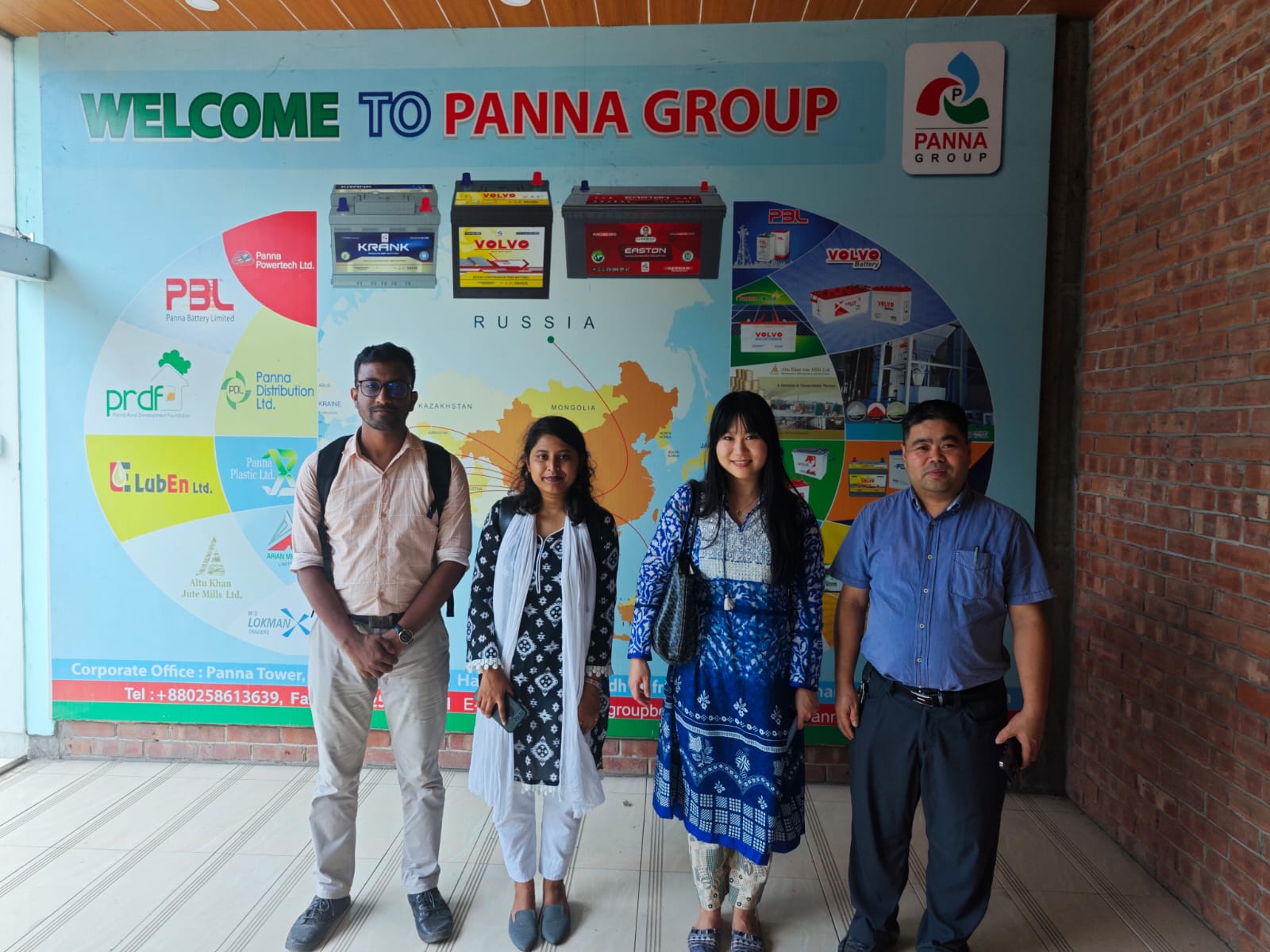- Stanford University
- Dr. Erica Plambeck
- Dr. Amrita Kundu
- Dr. Moogdho Mim Mahzab
- Shanzida Faisal
- Syed Riaz Mahmud
- Md Enamul Haque
- Neeti Zaman Bintee
- Md. Bulbul Islam
The “ULAB Policy Solution Exploration in Bangladesh” project focuses on addressing the challenges associated with the management of used lead-acid batteries (ULAB).
The project aims to achieve its objectives through the following key actions:
1) Implementing collaborative business models with private sector participants to introduce higher quality EZ Bike batteries into the market, with microfinance playing a crucial role in most models;
2) Working closely with policymakers to pilot technological innovations that enhance traceability and transparency in ULAB collection and recycling; and
3) Collaborating with policymakers, battery manufacturing, and recycling companies to pilot financing schemes that optimize the capacity utilization of formal lead recycling facilities.


To gain valuable insights, the project team has conducted meetings with the National Board of Revenue (NBR) to understand the impact of import tax, visited a Chinese battery manufacturing company to explore relevant policies, and conducted visits to smelting factories and local battery manufacturing facilities. By pursuing these objectives and activities, the project strives to contribute to the sustainable management of used lead acid batteries and a better understanding of international trade dynamics in Bangladesh and provide valuable insights for policymakers and stakeholders.
Lead pollution is a serious threat to the environment, health, and society in Bangladesh. One of the main sources of this pollution is the improper recycling of used lead acid batteries (ULAB), which are widely used for various purposes. A report by UNEP and ESDO1 reveals the extent of the damage caused by ULAB recycling, such as:
- Soil, water, and air contamination by lead and other toxic substances
- Lead exposure and poisoning of workers, children, and communities involved or living near ULAB recycling sites
- Increased prevalence of diseases and disorders affecting the nervous, circulatory, reproductive, and developmental systems due to lead toxicity
- Reduced economic and social well-being due to the costs and consequences of lead-related health problems
To address these challenges, there is an urgent need to reform the ULAB policy in Bangladesh and adopt sustainable practices for ULAB waste management. The report recommends several measures to achieve this goal, such as:
- Educating and mobilizing the public on the dangers of ULAB recycling and the benefits of alternatives
- Encouraging the use of alternative battery technologies, such as lithium-ion or nickel-metal hydride batteries, that are less harmful and more efficient
- Introducing policy mechanisms that incentivize and regulate ULAB producers and recyclers, such as extended producer responsibility, deposit-refund schemes, licensing, and standards, etc.
- Enhancing the implementation and oversight of existing laws and regulations on ULAB management”
